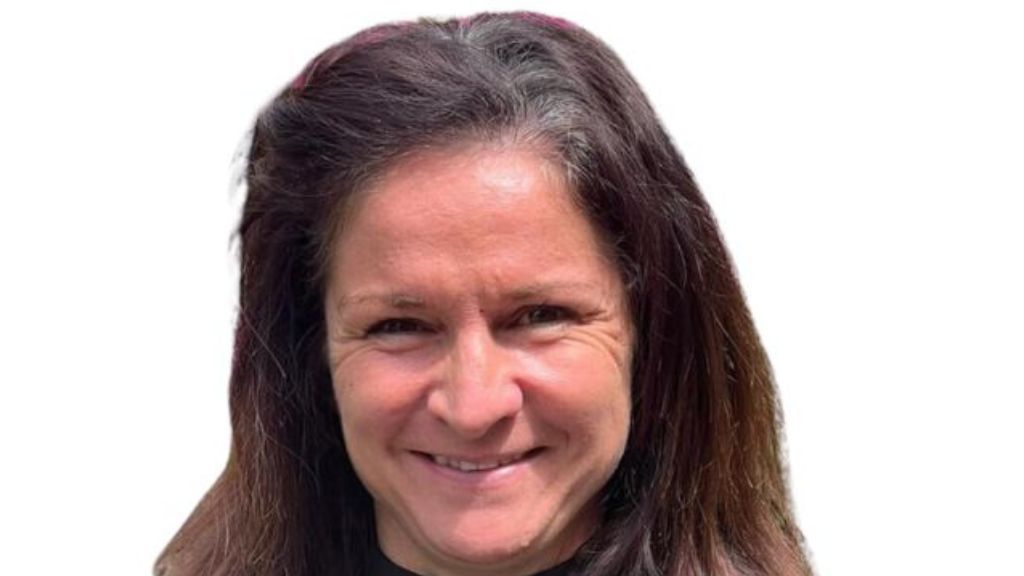Ombudsman holds council to account over care home’s ban on relative’s visits
Caring Times, July/August 2018
The Local Government and Social Care Ombudsman has found Liverpool City Council to be at fault after a woman was banned from visiting her mother in a care home in the district after she complained about her treatment.
The woman, whose mother had been placed in a BUPA care home by Liverpool City Council, said she was banned by care staff from seeing her mum after she raised a number of concerns about the way her mother was fed, washed, and looked after. And when she complained to the council, instead of investigating, it told her to raise her concerns with the care company.
The Ombudsman’s investigation found the council at fault for the way the care home looked after the mother, and for the way it handled the daughter’s complaint. Michael King, Local Government and Social Care Ombudsman, said: “Councils and care providers with open, transparent and mature complaints handling processes should welcome the feedback complaints bring. In this case, rather than act positively on the concerns raised by the daughter, staff acted defensively by banning her.
“When awarding care contracts to independent providers, councils need to remember they can outsource the care but cannot outsource the responsibility for that care. In such circumstances, I will find any fault by a care provider to be fault by the council.
“I’m pleased Liverpool City Council has accepted my recommendations, and, while the provider is no longer running the unit involved, I welcome its readiness to accept my recommendations and learn from this case.”
The daughter complained to the Ombudsman that her mother had been dressed in other people’s clothes. She said staff did not ensure her mother had the correct underwear and continence pads, meaning she was left in distress, sitting in her own urine. The daughter said the home failed to have a care plan for her mother when she arrived, did not wash her mother’s hair for three weeks and did not take into account her mother’s dietary preferences because of previous medical conditions.
After raising her concerns with the care home, she – and a doctor – were prevented from seeing her mother when they tried to visit. The woman said she was not given any reasons for the ban, or any warnings such a ban would be imposed. The care home later told the Ombudsman the ban was because of a previous incident reported to the police because of the daughter and her partner’s behaviour. But it could not provide any evidence that an incident had occurred, or was reported the police.
The Local Government and Social Care Ombudsman’s role is to remedy injustice and share learning from investigations to help improve public, and adult social care, services. In this case, BUPA has already apologised to the woman and has confirmed staff will now record when they have washed people’s hair. The council has already offered to apologise to the daughter for referring her back to BUPA instead of dealing with the complaint.
The council has agreed to apologise to the daughter for the failings in her mother’s care and for the failures of staff at the BUPA care home to respond to her initial complaints of poor care, including banning her and her partner from visiting without any due process. It will pay the daughter £750 for the time and trouble of bringing the complaint and for the anxiety caused by her poor treatment and inability to advocate for her mother when she complained on her mother’s behalf.
The Ombudsman has the power to make recommendations to improve a council’s and care provider’s processes for the wider public. In this case the council has agreed to ask BUPA to review its policies and procedures to ensure care home staff check residents’ nutritional and continence needs on arrival.
The council will also review its own policies and procedures to ensure other service users who complain are not referred to a care provider where the council should deal with the complaint. It will also check that care providers with whom it has commissioning arrangements have written procedures for banning visits by relatives. ')}



